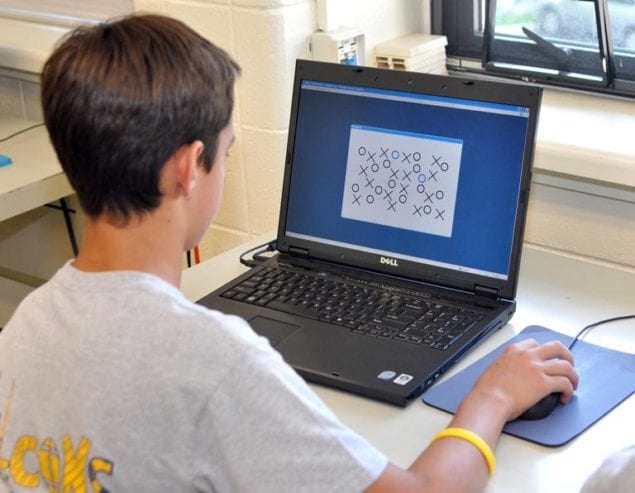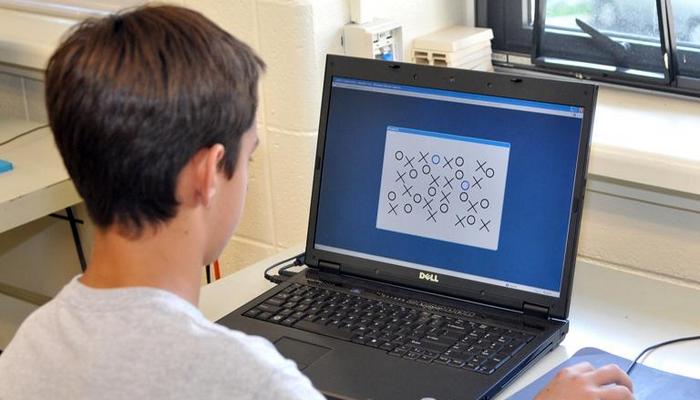
Chronic traumatic encephalopathy (CTE) refers to the long term effects of repeated blows to the head, and is a condition which impacts pro and amateur athletes alike.
CTE gained national attention following the deaths of several professional football players and the release of the 2015 film Concussion starring Will Smith. Concussion chronicled the true story of forensic pathologist Dr. Bennet Omalu, whose research about the damage done by repeated head trauma was widely dismissed by the NFL. Later, his research was embraced by the NFL Players Association culminating in a lawsuit and eventual $1 billion settlement to cover the cost of care.
The Center for Disease Control estimates that 1.6 million to 3.8 million concussions occur annually. According to the American Academy of Pediatrics, a concussion is a common injury that is likely underreported by pediatric and adolescent athletes. Football has the highest incidence of concussion, but girls have higher concussion rates than boys do in similar sports.
“As parents we accept that bumps and bruises are a part of childhood activities, but it isn’t always easy to know when something is more serious,” said Dr. Alejandro Badia, CEO and chief medical officer of OrthoNOW, the nation’s only network of orthopedic urgent care centers. “With children engaging in sporting activities we saw a need to offer parents Concussion Baseline Testing, or ImPACT, where by children are examined for current cognitive health, balance and brain function. Those test results can serve as a point of comparison should any injury occur. It is a vital tool in diagnostics for concussions, movement impairment, or other potential side effects when play results in injury.”
Dr. Badia added, “Baseline tests are very important. Every parents want the best care for their child. These types of test results can be essential when used for suspected concussions, and time is of the essence when treating any head injury. By comparing the baseline test to test results after an injury, the health care professional is able to identify the effects of the injury and make a more informed decision.”
ImPACT® tests:
• A cognitive view of the child’s current brain function;
• Child’s balance, and
• Brain function (memory skills, learning, paying attention or concentrating, thinking or problem solving)
The test results are stored in a national database that can be accessed from any major healthcare facility and immediately used as a comparison to similar tests. Ideally, the test should be done before the first day of camp. OrthoNOW suggests testing children ages 9 and older because it can help ensure the safety as they begin summer fun.
Baseline tests should be interpreted only by a healthcare professional experienced in concussion management. The computerized or paper-pencil neuropsychological tests should be interpreted by a neuropsychologist.
It is recommended to repeat the different components of the test once a year. The neuropsychological component may be repeated every two years, but should be done more frequently if the athlete has sustained a concussion or has a medical condition that affects the results.
If a concussion is suspected, education should be provided parents and their child about:
• Danger signs and when to seek immediate care;
• How to reduce risk for future concussions;
• Safely returning to school, and
• Tips to aid recovery.
The ImPACT test is performed at OrthoNOW and takes about 45 minutes. You can schedule a test for your child via telephone at 305-537-7272 or use the On My Way NOW feature on the OrthoNOW mobile app by selecting ImPACT.
For more information visit www.OrthoNOWcare.com.






